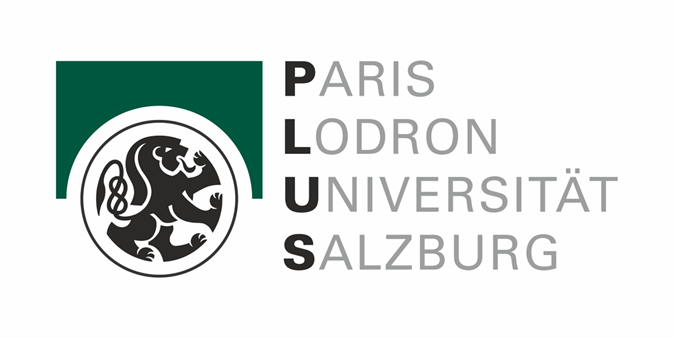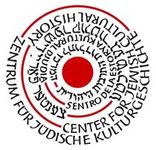אגריון
Grammatical information: adj m
Translation: wild, rough
Translation equivalent: ἄγριον(Ancient Greek+)
Usage:
Domain: animals
Socio-cultural norm: core borrowing
Normativity: standard
Meaning type: lit.
Geographic distribution: Coptic
למלך שהיה לו כלב אגריון1 ואריה אימירון והיה המלך נוטל בנו ומלבבו בארי שאם יבא הכלב להזדווג לו יאמר לו המלך ארי לא יכול להזדוו ג לו ואת יכול לבני כך אם יבואו האומות להזדווג לישראל יאמר להם הקדוש ברוך הוא שרכם לא היה יכול לישראל ואתם כל שכן.
1אגריון - Vat2: אגריקון
77,3 [II 913: 5]
[This may be compared] to a king who had a wild dog and a tame lion. The king would take his son and make him courageous [by making him struggle] with the lion, so that if the dog should come to attack him, the king could say to him: “The lion was not able to withstand him, yet you want to struggle with my son?!” So, if the nations of the world will come to struggle with Israel, the Holy One blessed be he, will say to them: “Your prince could not withstand him [Jacob] and you want to struggle with his children!”
Yalq. 132 (41a: 7): אגריאון 〈ʾgryʾwn〉 |agriʾon|, AC I: 28: |agriʾun|. Opp.: אימירון 〈ʾymyrwn〉 |emeron| (used together in: NumR 11,3 [= ShirR 3,5; PesK 1, MShem 17,4]).
Bibliography:
How to cite: Art. אגריון in: Dictionary of Loanwords in Rabbinic Literature. Eds. . https://lrl.acdh.oeaw.ac.at/agrion.html. 2024.



